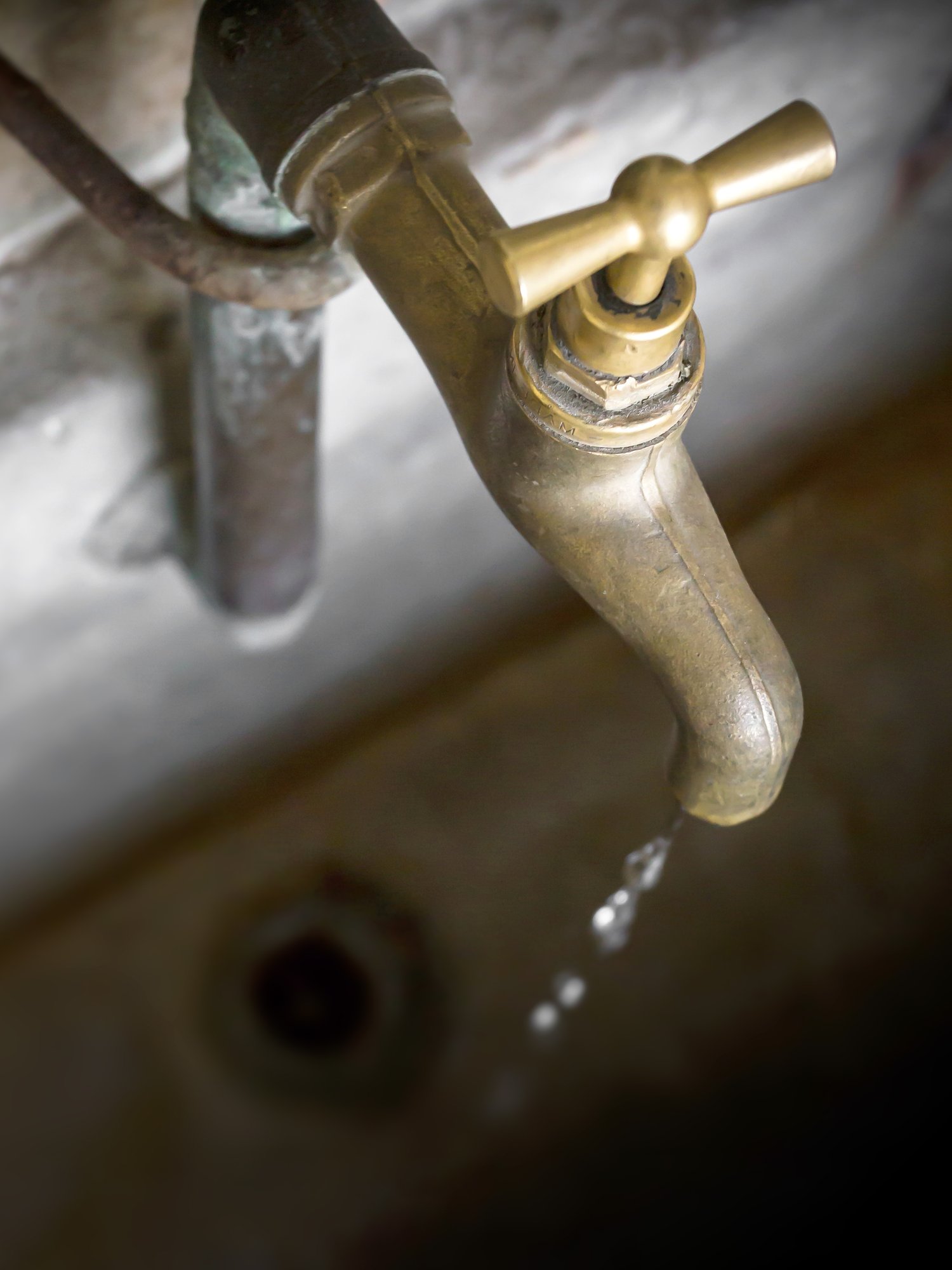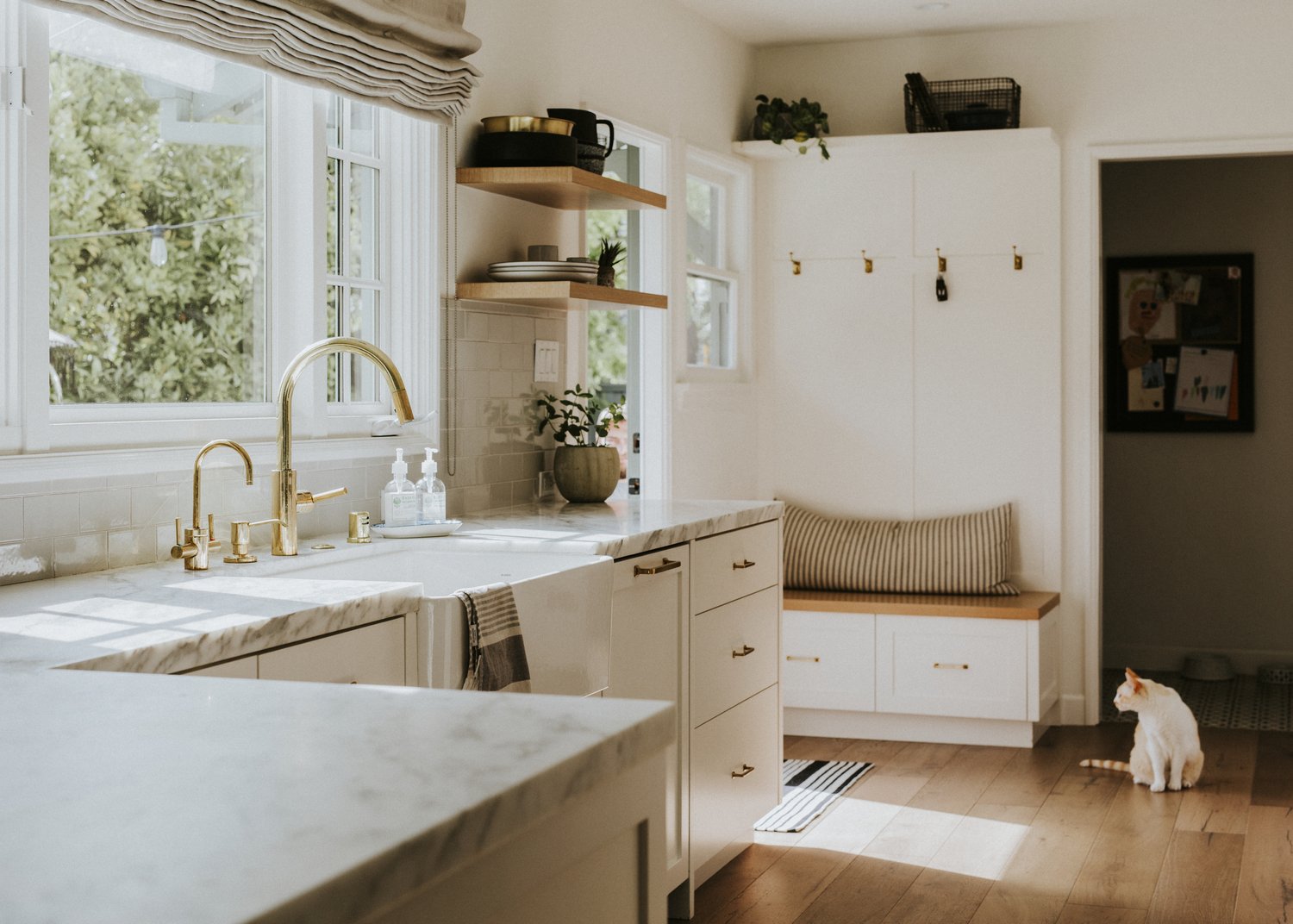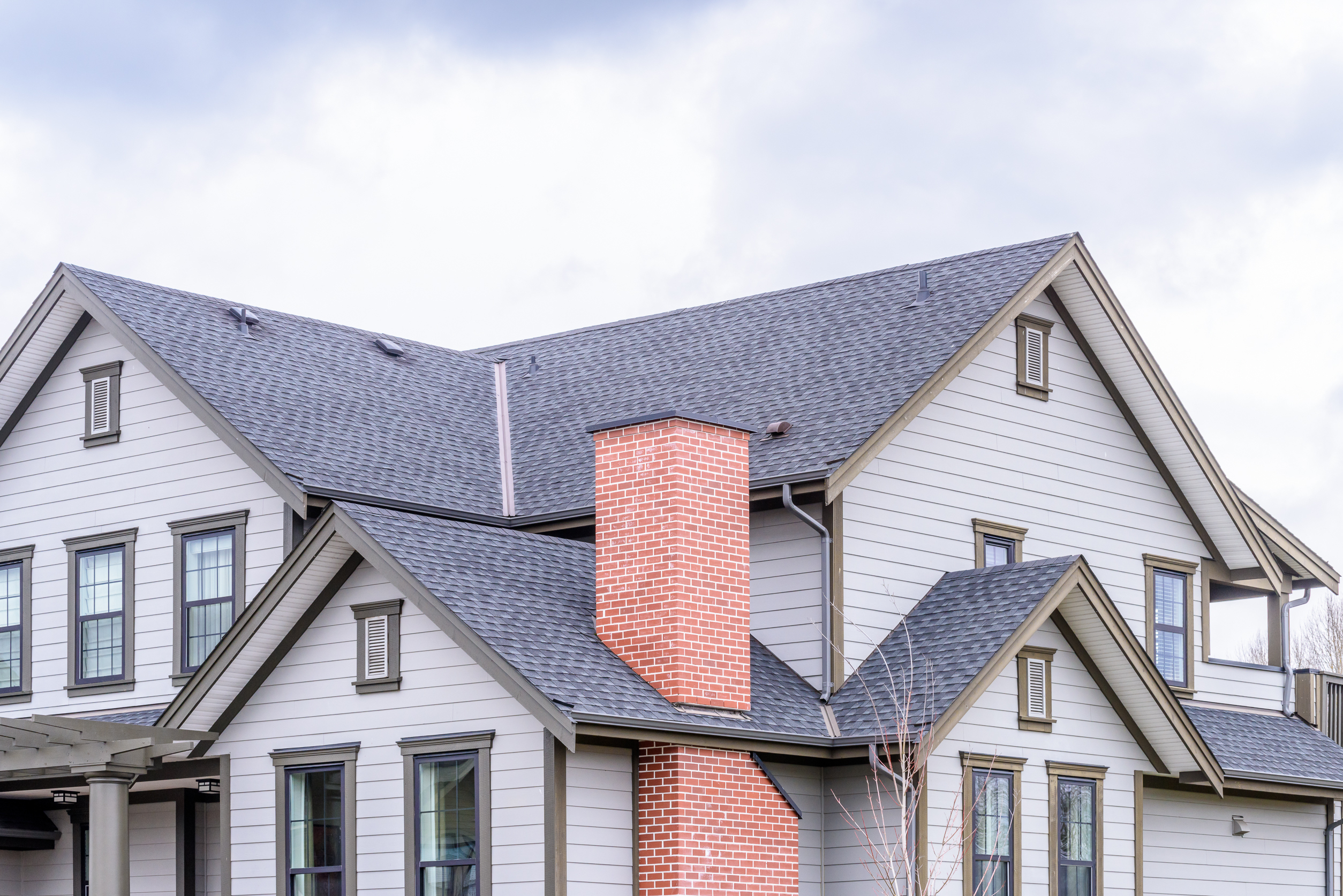Water leaks can silently wreak havoc on your home, causing extensive damage to walls, floors, and personal belongings before you even realize there’s a problem. The average household leak can waste nearly 10,000 gallons of water annually, and the repair costs for water damage can run into thousands of dollars. Implementing regular maintenance routines for your plumbing system is crucial to prevent water leaks and avoid the headache of unexpected repairs. This article outlines practical steps you can take to maintain your plumbing system and protect your home from water damage.
Understanding Your Home’s Plumbing System
Before diving into maintenance tips, it’s important to understand the basics of your home’s plumbing infrastructure. Your plumbing system consists of two separate subsystems: one that brings fresh water in and another that takes wastewater out. Supply pipes carry pressurized water into your home, while drain pipes rely on gravity to carry wastewater away. Knowing the location of your main water shut-off valve is critical for home water damage prevention. This valve is typically located near where the main water line enters your home, often in the basement, crawl space, or near the water heater. In case of a plumbing emergency, being able to quickly shut off the water supply can minimize damage.
Regular Inspection Routines
Establishing a regular inspection routine is one of the most effective plumbing maintenance tips to prevent water leaks. At least quarterly, check all visible pipes, faucets, and fixtures for signs of moisture, corrosion, or small leaks. Pay special attention to the areas under sinks, around toilets, and near appliances that use water, such as dishwashers, washing machines, and water heaters. Even minor drips can indicate potential issues that could escalate into larger problems. Inspecting the caulking around bathtubs, showers, and sinks is also important, as deteriorated seals can allow water to seep into walls and floors, causing hidden damage.
Preventing Frozen and Burst Pipes
One of the most common causes of catastrophic plumbing failures is frozen pipes that burst during cold weather. To avoid burst pipes, insulate exposed plumbing in unheated areas such as basements, attics, and crawl spaces. Pipe insulation is inexpensive and easy to install. During extreme cold spells, allow faucets to drip slightly to keep water moving through the pipes and relieve pressure that could cause ruptures. Additionally, keep cabinet doors open to allow warm air to circulate around pipes under sinks during freezing temperatures. Disconnecting garden hoses and shutting off outdoor water supplies before winter can also prevent exterior pipes from freezing and causing interior damage.
Managing Water Pressure
Excessive water pressure can strain your plumbing system and increase the likelihood of leaks and pipe failures. The ideal water pressure for a residential home is between 40 and 60 psi (pounds per square inch). You can purchase an inexpensive pressure gauge that attaches to an outside faucet to test your home’s water pressure. If the pressure exceeds 60 psi, consider installing a pressure regulator, which can be adjusted to maintain optimal pressure throughout your home. Consulting with AskHomey can connect you with professionals who can properly assess and address water pressure issues in your home.
Drain Maintenance and Preventing Clogs
Clogs don’t just create inconvenient backups; they can lead to increased pressure in your pipes and potentially cause leaks at weak points or joints. To prevent clogs, avoid disposing of grease, coffee grounds, and fibrous materials down your kitchen sink. In bathrooms, use drain screens to catch hair and other debris. Instead of harsh chemical drain cleaners, which can damage pipes over time, use enzymatic drain maintainers monthly to keep pipes clear. For toilets, only flush toilet paper and human waste. Even products labeled as “flushable,” such as wipes and feminine hygiene products, can cause serious clogs in your plumbing system.
Appliance Maintenance
Water-using appliances are common sources of leaks and floods. Check and replace hoses for washing machines and dishwashers every three to five years, or sooner if you notice bulging, cracking, or brittleness. Consider upgrading to stainless steel braided hoses, which are more durable than rubber ones. Install water leak detectors near appliances and water heaters; these devices sound an alarm when they detect moisture, alerting you to potential leaks before significant damage occurs. Some advanced systems can even automatically shut off the water supply when leaks are detected, providing an extra layer of home water damage prevention.
Professional Plumbing Inspections
While regular DIY inspections are valuable, having a professional plumber inspect your system annually can identify potential issues before they become problems. Professional plumbers have the expertise and tools to detect hidden leaks, assess pipe condition, and spot early signs of trouble that might not be visible to the untrained eye. They can also provide guidance on when to replace aging components before they fail. This proactive approach to plumbing maintenance can save you significant money and stress in the long run by preventing water leaks before they start.
For more tips and to connect with reliable home service professionals, follow AskHomey on Facebook and Instagram.



